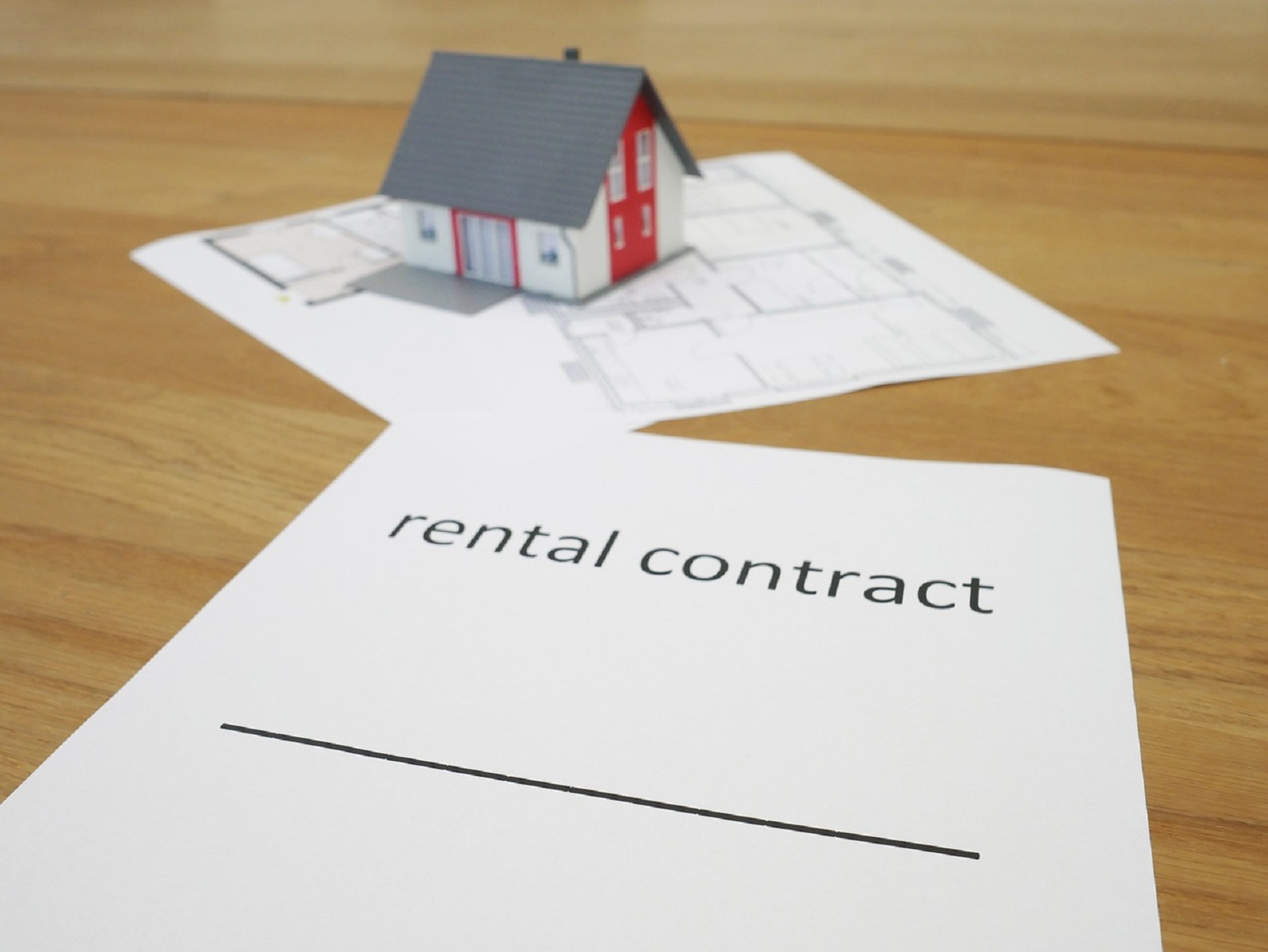A Step-by-Step Guide to a Purchase Contract in Kenya

Buying a property is a significant milestone, and in Kenya, like anywhere else, it involves a structured process. Understanding the step-by-step guide to a purchase contract is crucial for a smooth and secure real estate transaction. In this blog post, we'll walk you through the essential stages.
1. Start with Research:
Before diving into the purchase contract, conduct thorough research on the property market in Kenya. Understand the prevailing property prices, legal requirements, and any specific considerations related to the region where you intend to make your purchase.
2. Engage a Real Estate Agent:
While not mandatory, hiring a professional real estate agent can simplify the process. An experienced agent can guide you through property selection, negotiate on your behalf, and provide valuable insights into the local market.
3. Property Identification and Offer:
Once you've identified a property, make a formal offer. This is usually done through a Letter of Offer, outlining the price, terms, and conditions. If the seller accepts your offer, both parties proceed to the next step.
4. Due Diligence:
Conduct thorough due diligence on the property. This involves checking the property's title deed, survey records, land rates, and any outstanding bills. This step is critical to ensuring that the property has a clear title and that there are no legal encumbrances.
5. Engage a Lawyer:
Hiring a qualified real estate lawyer is a crucial part of the process. The lawyer will conduct a comprehensive title search, verify legal documents, and ensure that the property adheres to all local regulations. They will also draft the sale agreement.
6. Sale Agreement:
The sale agreement is a legally binding document that outlines the terms and conditions of the property transfer. It includes details such as the purchase price, payment terms, and the timeline for the transaction. Both parties review and sign the agreement.
7. Deposit Payment:
Upon signing the sale agreement, the buyer typically pays a deposit, usually a percentage of the total purchase price. This is a show of commitment and is held in escrow until the completion of the transaction.
8. Transfer of Documents:
The seller provides all necessary documents to transfer ownership, including the original title deed, land maps, and any other relevant certificates. The buyer's lawyer verifies these documents before proceeding.
9. Land Control Board Approval:
Certain areas in Kenya may require approval from the Land Control Board for the transfer of property. Your lawyer will handle this process to ensure compliance with local regulations.
10. Payment of Balance:
Once all conditions in the sale agreement are met, the buyer pays the remaining balance. This is usually done through a lawyer's trust account to ensure a secure transaction.
11. Stamp Duty and Registration:
Pay the required stamp duty and register the property with the government. This step formalizes the transfer of ownership and ensures that the property is legally recognized under your name.
12. Handover and Possession:
Finally, the seller hands over possession of the property to the buyer. Ensure that all utilities are transferred to your name, and update local authorities about the change in ownership.
Conclusion:
Navigating the purchase contract process in Kenya requires careful attention to detail and adherence to legal procedures. By following this step-by-step guide, you can navigate the complexities of property acquisition with confidence, ensuring a secure and successful real estate transaction. Always consult with legal and real estate professionals to guide you through each stage of the process.
